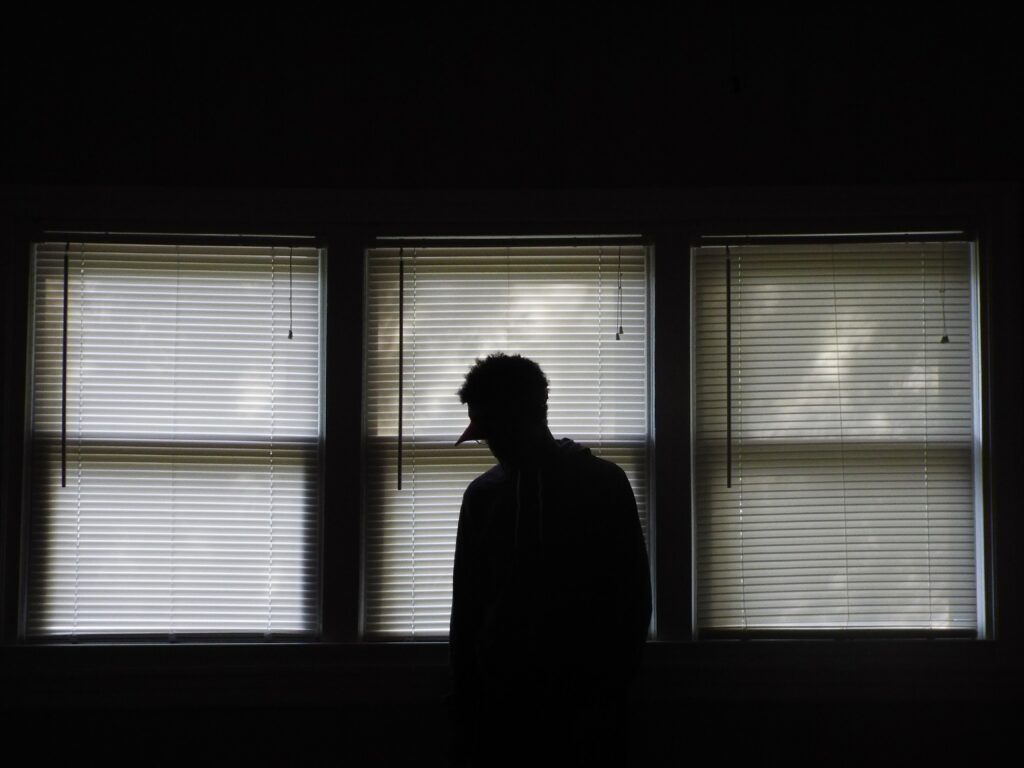Trauma Matters
Trauma matters. They say that too often, most of us are unaware of the history of trauma in our lives. Whether it’s the type of childhood trauma that came about due to verbal abuse, physical abuse, sexual abuse, neglect or trauma that has taken place in our adult lives; unresolved trauma has the power to mess with our brain chemistry and can certainly greatly affect bipolar disorder.
Many of us were raised by a parent who had bipolar disorder that was either not diagnosed, self-medicated or left untreated which then caused trauma within our childhoods. Which may also have been true for our parent. My father was not diagnosed with bp until my freshman year of college. Prior to that there was a level of anger and rage in our home that was the cause of a lot of trauma for me as a child. However, it was nothing compared to the severe trauma that many others suffered.
Unresolved trauma can help set the perfect storm for the onset of bipolar disorder. It affects brain chemistry. Many folks I’ve met over the past years through Fresh Hope groups also have PTSD due to some type of trauma from their childhood. I’ve also met a number of soldiers who have PTSD and working through their trauma. Unresolved trauma can cause a life full of emotional pain.
Recently I ran across an article by Kathy Broady (MSW) in which she identified 20 signs of unresolved trauma. Here are just a few of those 20 signs:
- Addictive behaviors
- Inability to tolerate conflicts
- An innate belief that you are bad
- Excessive sense of self-blame
- Intrusive thoughts
- Unexplained but intense fears
Broady writes, “Running from your trauma history will not help you feel better. In the short-run, you might not have to face the issues, but the cost in the long-run of unresolved trauma weighs more heavily than you might suspect.”
Over the last 20 years working through my unresolved trauma has been an ongoing process for me. It has not all been childhood trauma; a fair amount has been trauma I have experienced as an adult. It has not been resolved. But, as I become aware of it I do my best to work through it. The pay off for me has been significant. Working through the trauma has allowed me to begin to untangle the trauma symptoms from the actual affects and symptoms of bipolar disorder which has and continues to allow me to experience more thriving in spite of the disorder as opposed to simply surviving the disorder. Prior to that I was blaming a lot of my “issues” on bipolar disorder when they were issues/symptoms of my unresolved trauma.
Working through my trauma has also allowed me to learn new skills for dealing with stress. I did not learn good skills for dealing with stress as a child or young adult. It’s been a life long process and is still going on. Food has been and still is one of my coping skills and when you put that together with the weight gain due to medicine it has been rather overwhelming at times. I have yet to overcome this issue. I think I’m very close to having the desire to overcome the battle with the weight. Of course, I’ve been here, done this before. But, motivated to wanting to see my grandchildren grow up.
In any case, working through one’s trauma takes courage. But, the pay off is worth it. How about you…have you or are you working through any unresolved trauma? If so, have you been able to see how the symptoms of bipolar disorder and trauma can be untangled and separated that you might be able to have a better life in your recovery?





